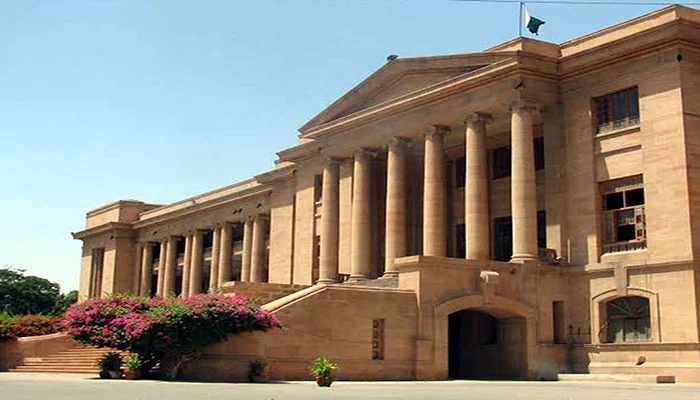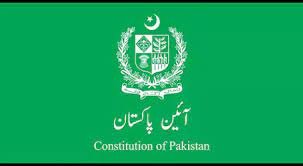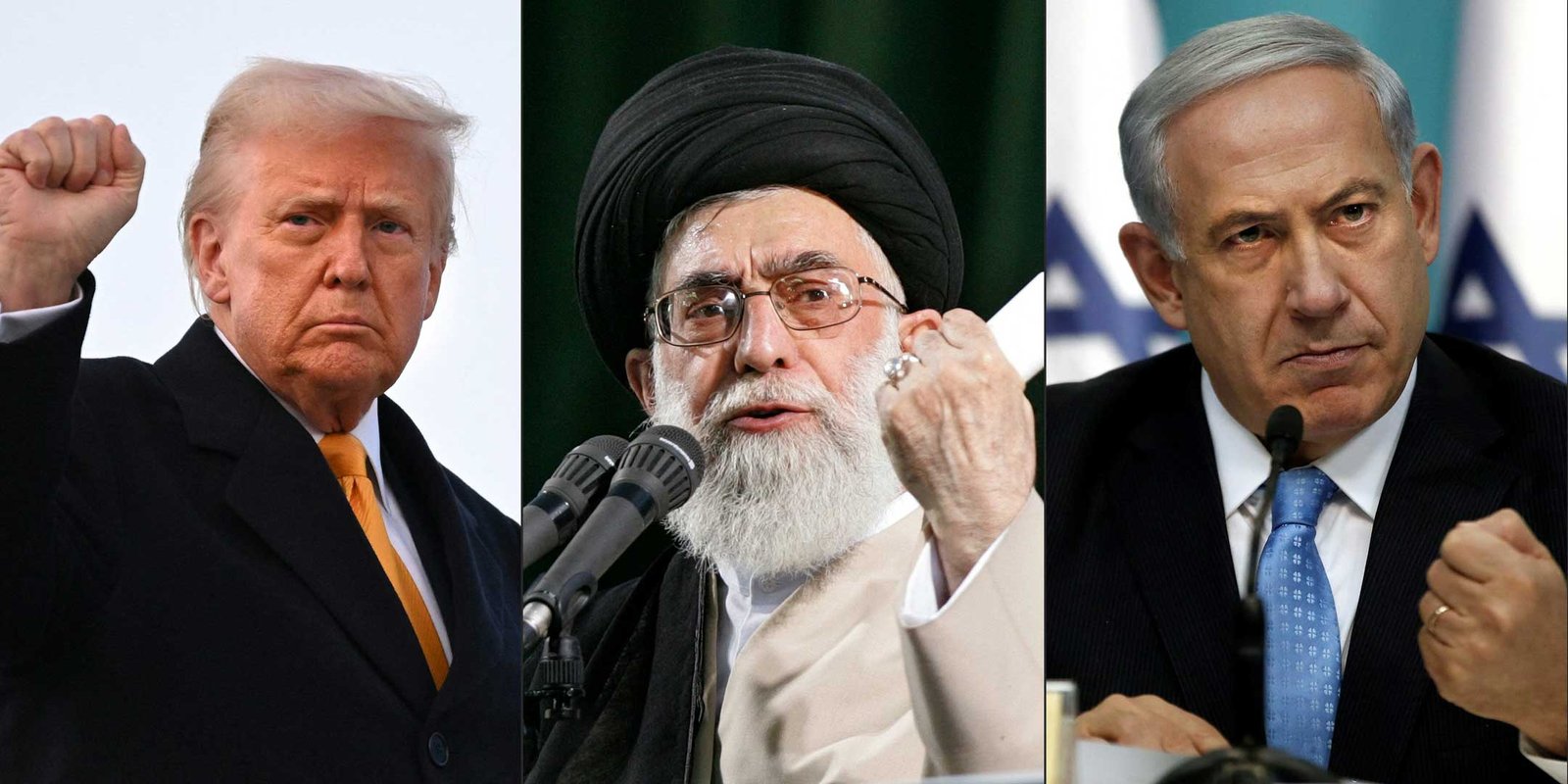Editorial
Deputy Commissioner, popularly abbreviated as DC, is a principal officer of the Provincial Government in a district. The office is a colonial legacy of the British- Raj that empowered the office with the powers of a district magistrate, chief Administrator, land revenue officer/collector and representative of the provincial government in a district. A district is an administrative sub-unit of a Division in Pakistan. The appointment of the office belongs to the commission of Pakistan Administrative Service (PAS), erstwhile DMG/CSP or the Provincial Management Service (PMS), erstwhile Provincial Civil Service PCS. The PMS officers serve in their respective provinces only, whereas PAS officers perform throughout Pakistan. Deputy commissioners perform their duties under the supervision of a divisional commissioner, and commissioners generally have a ceremonial role.
District administration in Pakistan is a legacy of the British Raj. District collectors were members of the British Indian Civil Service and were responsible for supervising general administration in the district.
Warren Hastings introduced the office of the district collector in 1772. Sir George Campbell, lieutenant-governor of Bengal from 1871 to 1874, intended “to render the heads of districts no longer the drudges of many departments and masters of none but the general controlling authority over all departments in each district.”
The office of a collector/DC during the British rule in the Indian subcontinent held multiple responsibilities – as a collector, he was the head of the revenue organization, charged with registration, alteration, and Partition of holdings; the settlement of disputes; the management of indebted estates; loans to agriculturists, and famine relief. As district magistrate, he exercised general supervision over the inferior courts and, in particular, directed the police work. The British Raj meant the office to achieve the “peculiar purpose” of collecting revenue and of keeping the peace to extend control and authority over the general public. The superintendent of police (SP), inspector general of jails, surgeon general, divisional forest officer (DFO) and chief engineer (CE) had to inform the collector of every activity in their departments.
Until the later part of the nineteenth century, no native was eligible to become a district collector. But with the introduction of open competitive examinations for the British Indian Civil Service, the secretary of state for India opened the office to natives.
The district continued to be the unit of administration after the Indian Partition and the independence of Pakistan in 1947. The office had the autocratic powers of the legislature, executive and judiciary in the British Raj. Initially, the role of the district collector remained essentially untouched. However, the constitution of 1973 guaranteed the progressive separation of the executive from the judiciary. Article 175(3) was categorically inserted in the constitution of Pakistan to achieve the objective of an independent judiciary. Then, during the Presidency of Pervez Musharraf, the government replaced the deputy commissioner’s office with District Coordination Officer, i.e. DCO, except in Islamabad. Also, the office of Divisional Commissioner was abolished. After his presidency, the provincial governments of Pakistan again established this office through provincial legislation. Hence, the office of Deputy Commissioner is deprived of its previous powers as a District Magistrate and supervisory officer of the police and district local government.
Because of the preceding, the critical question arises whether we still need it. Undoubtedly, the colonial office has lost all the objectives according to Pakistan’s law regimes and constitution. Then, the provincial government is still persistent in controlling the people and district administration through the office, which neither has legal powers nor resources. The office is directly in conflict with the structure of the local government. Critics attribute the office’s existence as the chief reason for the failure of a thriving local government system. The provincial government wants to concentrate all powers in the provincial capital and extend its control in the district through the office of deputy commissioner.
Schedule IV of the constitution provides the distribution of powers between federation and provinces. Federal legislative list parts I and II comprise 77 federal subjects, and the remaining residuary or provincial powers belong to provinces. Then, the residuary powers of the province must be distributed between the province and a district. However, it does not happen, and provinces want to control districts from the provincial capital. It is the primary reason the Provincial government wants to keep the deputy commissioner’s office to manage the districts. Therefore, provincial governments disallow the local governments and allow the office of DC to work as the head of a district and representative of the provincial government in a district regarding all residuary powers.
However, the distribution of residuary powers in the district between local and provincial governments is critical for good governance and service delivery. Primarily, a district needs the operations of the two governments, as mentioned earlier. The separation of administrative spheres is critical. The district government should work through its principal officer, and the provincial government must work through its representative but in allotted spheres per the distribution of residuary powers. The hotchpotch colonial office of the deputy commissioner is failing the system of governance in Pakistan. The office with all the colonial and central objectives must soon vanish. Then, the reformers may evolve the office according to the governance model protected in the Constitution of Pakistan. The government may transform the deputy commissioner’s office into an office representing only provincial affairs by bifurcating the powers of local and provincial governments.
A district is a sub-unit of an administration. The constitution of Pakistan provides three forms of government; federal, provincial and local. All governments may divide their powers according to the constitution and legislation. Then, all governments need to execute their powers in the districts. Presently, the office of the provincial government in the form of a deputy commissioner is operational and federal, and provincial governments operate through the office of provincial DC. A district should have three principal coordinating officers; one may be a federal district officer, and the others may be the provincial and local officers of the respective governments.
All executive offices must have the exact legislative, executive and structural alignment. A district belongs to a district government and must have its own representative political chief executive with a local administrator, not the provincial Administrator. Then, provincial or federal governments may establish their principal officers according to schedule IV of the constitution. It is critical for governance to reform the executive offices strictly in line with legislative and constitutional competence. The deputy commissioner’s office must vanish, and the provincial government must transform it according to the structural requirements of governance, law and constitution. The governments must devolve the centralized colonial authority to the specialized offices and replace the general cadre of the office with specialized organizational cadres. The offices of local government must lead the operations and development of districts. Lets respect the domains!

















